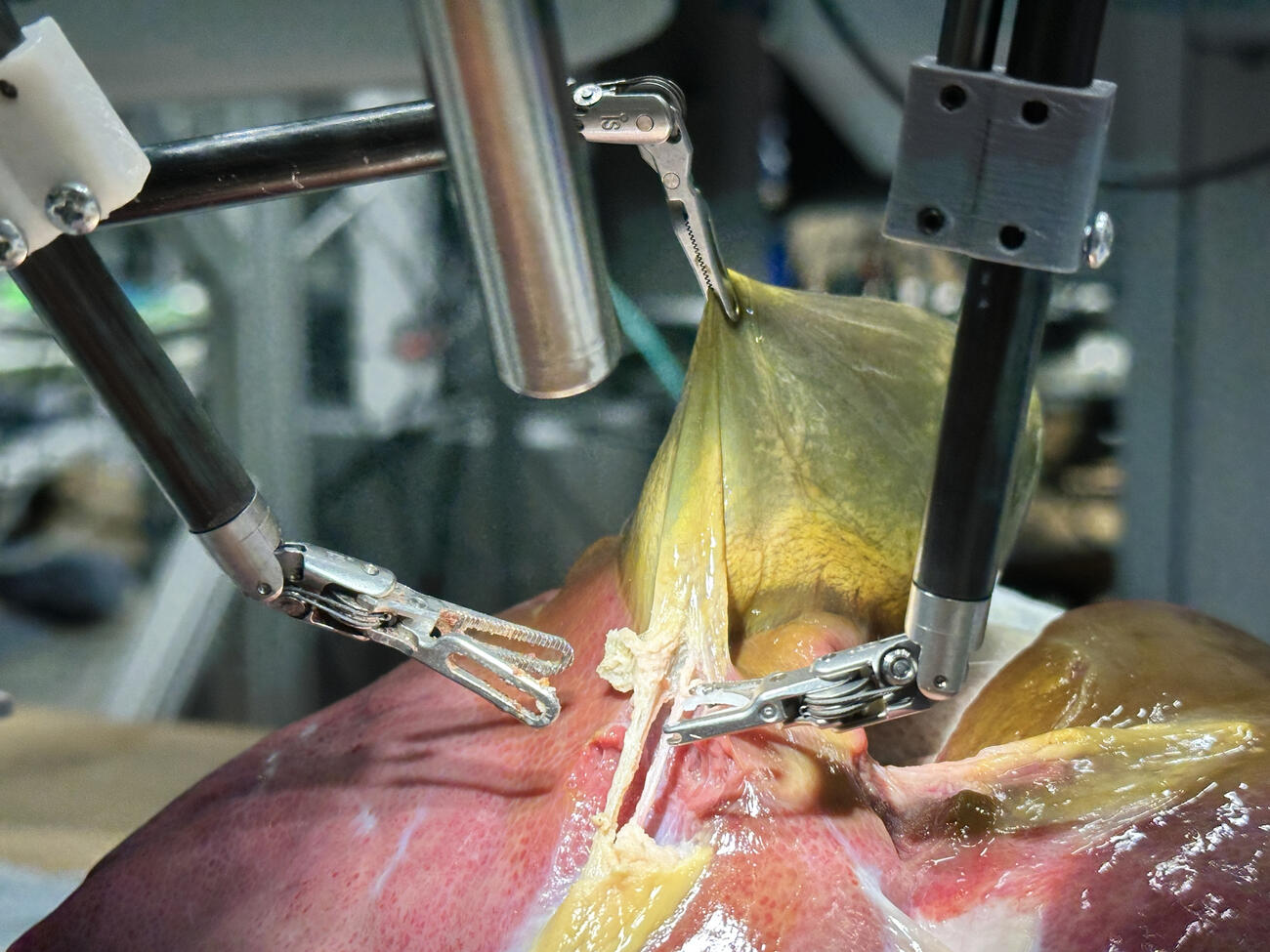A robot trained on videos of surgeries performed a lengthy phase of a gallbladder removal without human help. The robot operated for the first time on a lifelike patient, and during the operation, responded to and learned from voice commands from the team—like a novice surgeon working with a mentor.
The robot performed unflappably across trials and with the expertise of a skilled human surgeon, even during unexpected scenarios typical in real life medical emergencies.



OR maybe everyone — including the poor — will eventually have access to robotic surgeons with the equivalent of like 500 human years of experience, but with the latest surgical best practices that have only existed in recent years. The experience gained by a single surgery could be shared across all of them.
We’re talking about surgery. If some technology can provide significantly more valuable labor than its human counterpart (which, in this case, could mean more lives saved), then it might actually be worth exploring.
That would be wonderful. The current way that the world has been “working” for a good while now makes me think it unlikely, unfortunately. The vast majority of technological innovation in the last half-century has been used to extract wealth and replace options available to the non-ultra-wealthy with inferior substitutes that are cheaper to make, often for the same effective cost.